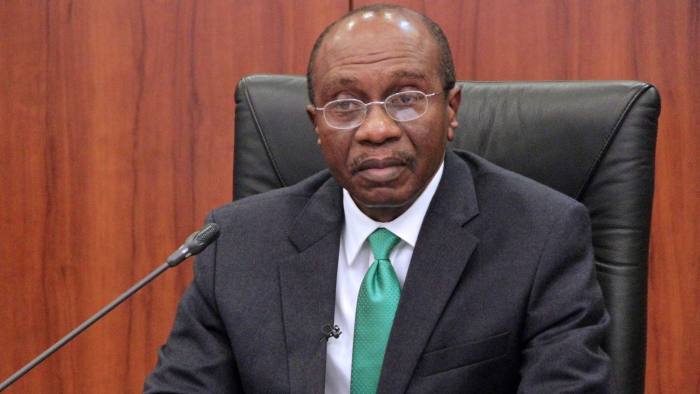The Central Bank of Nigeria (CBN) has been accused of shielding law enforcement agencies found guilty of extrajudicial killings and human rights violations by the court of law in Nigeria.
According to a detailed report by The Punch published on Thursday, the CBN has on several occasions obstructed the enforcement of garnishee orders to deduct judgement debts from the accounts of the erring security agency domiciled with it.
The report cited the case of Mr Olajide Enilari, who was killed extra judicially by Nigerian Army personnel in Lagos in January 2009. Also cited was the case of Waheed Kabiru, who died in the custody of the police in Ikorodu area of Lagos on November 2015.
The Federal High Court in March 2017 awarded N35 million as compensation for the family of Enilari against the Nigerian Army, which did not appeal the judgement.
In Kabiru’s case, the Federal High Court sitting in Lagos in November 2016 awarded N200 million against the Nigeria Police Force, which did not put in an appearance or appeal the judgement.
The major stumbling block to obtaining the remedies is said to be Section 84 of the Sheriff and Civil Process Act 2004, which requires anyone who gets monetary judgment against a state or Federal Government agency to first obtain the consent/permission of the state’s Attorney General or the Attorney General of the Federation, as the case may be, before he can garnishee the bank account of such an agency.
As the office of the AGF is a government agency and most often joined as defendant in such cases, the AGF simply does not grant such consent.
Even when the herculean task is achieved, the report noted, the Central Bank of Nigeria (CBN) routinely disobeys court orders authorising withdrawal of damages from the accounts of government agencies, including the law enforcement agencies.
“It is instructive that the police and the military rarely enter an appearance in court when they are sued for rights violations. It can be safely inferred that they are confident in the knowledge that they would always be shielded by the AGF and the CBN from paying, even if damages are awarded against them,” the report noted.
As such, the families of Enilari, Kabiru and six others mentioned in the report have obtained judgement but have yet to get justice, years after their cases were completed in court, owing to the AGF and CBN’s failure to approve settlement of the various judgement debts.



Leave a Reply